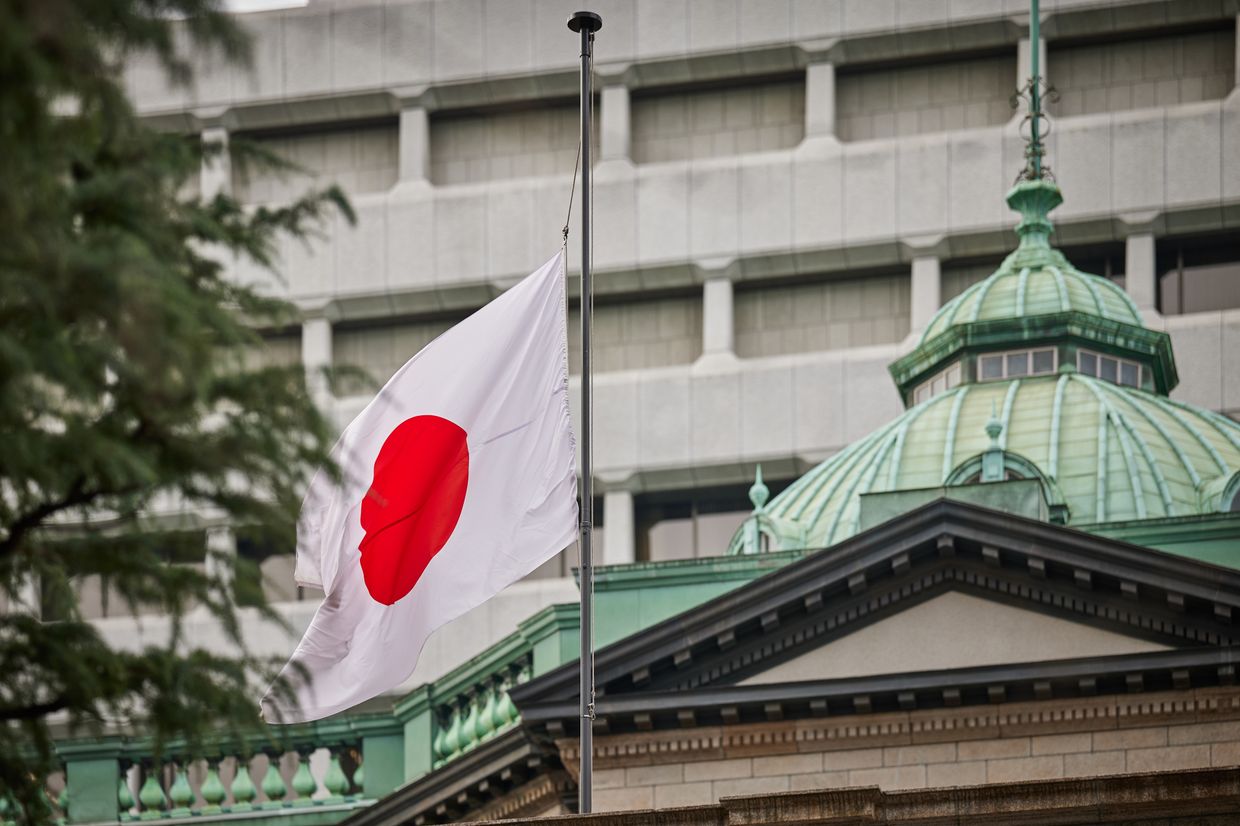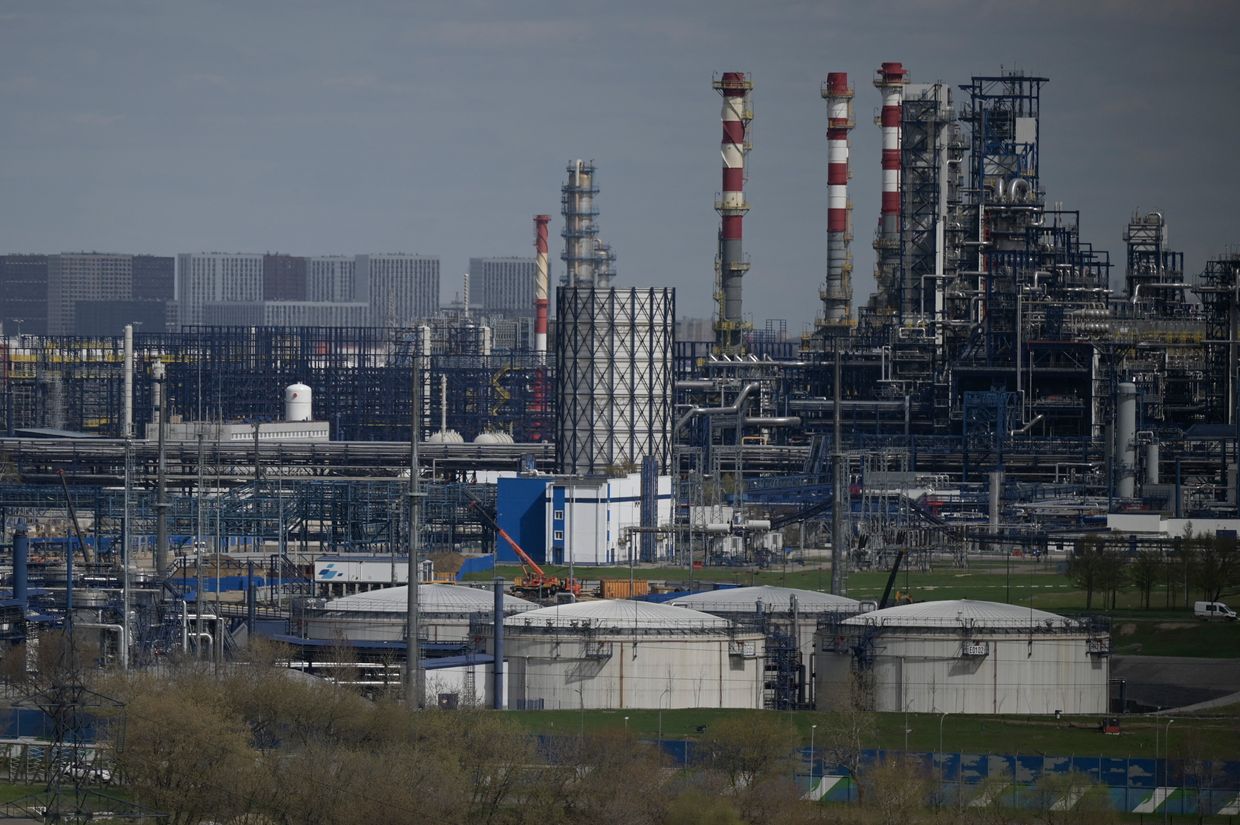Editor's note: This article was updated to reflect comments on the sanctions made by President Volodymyr Zelensky.
The U.S. and the U.K. have enacted their most extensive sanctions against Russia's oil industry, targeting nearly 200 vessels of the so-called "shadow fleet," major oil companies, and associated entities, the Office of Foreign Assets Control (OFAC) announced on Jan. 10.
"The United States is taking sweeping action against Russia's key source of revenue for funding its brutal and illegal war against Ukraine," Treasury Secretary Janet Yellen said.
The sanctions include more than 180 oil-carrying vessels of Russia's so-called shadow fleet, a group of tankers routinely used for sanction evasion. Several of these vessels are also reportedly involved in transporting sanctioned Iranian oil.
The measures also target two of Russia's major oil producers, Gazprom Neft and Surgutneftegaz, along with dozens of their subsidiaries.
Combined, these companies reportedly produce over 1 million barrels of oil daily, generating an estimated $23 billion of revenue annually, according to the U.S. Treasury.
The sanctions also extend to dozens of Russian energy officials and corporate executives, further tightening restrictions on Moscow's oil industry.
President Volodymyr Zelensky welcomed the additional sanctions by the U.K. and U.S., remarking that the sanctions deliver a "significant blow to the financial foundation of Russia's war machine."
In addition to sanctions, Ukraine has disrupted Russia's oil production with targeted drone strikes on infrastructure. Refineries in Tuapse, Ilyich, and Novoshakhtinsk have reduced or suspended operations due to the combined impact of sanctions and Ukrainian attacks.














